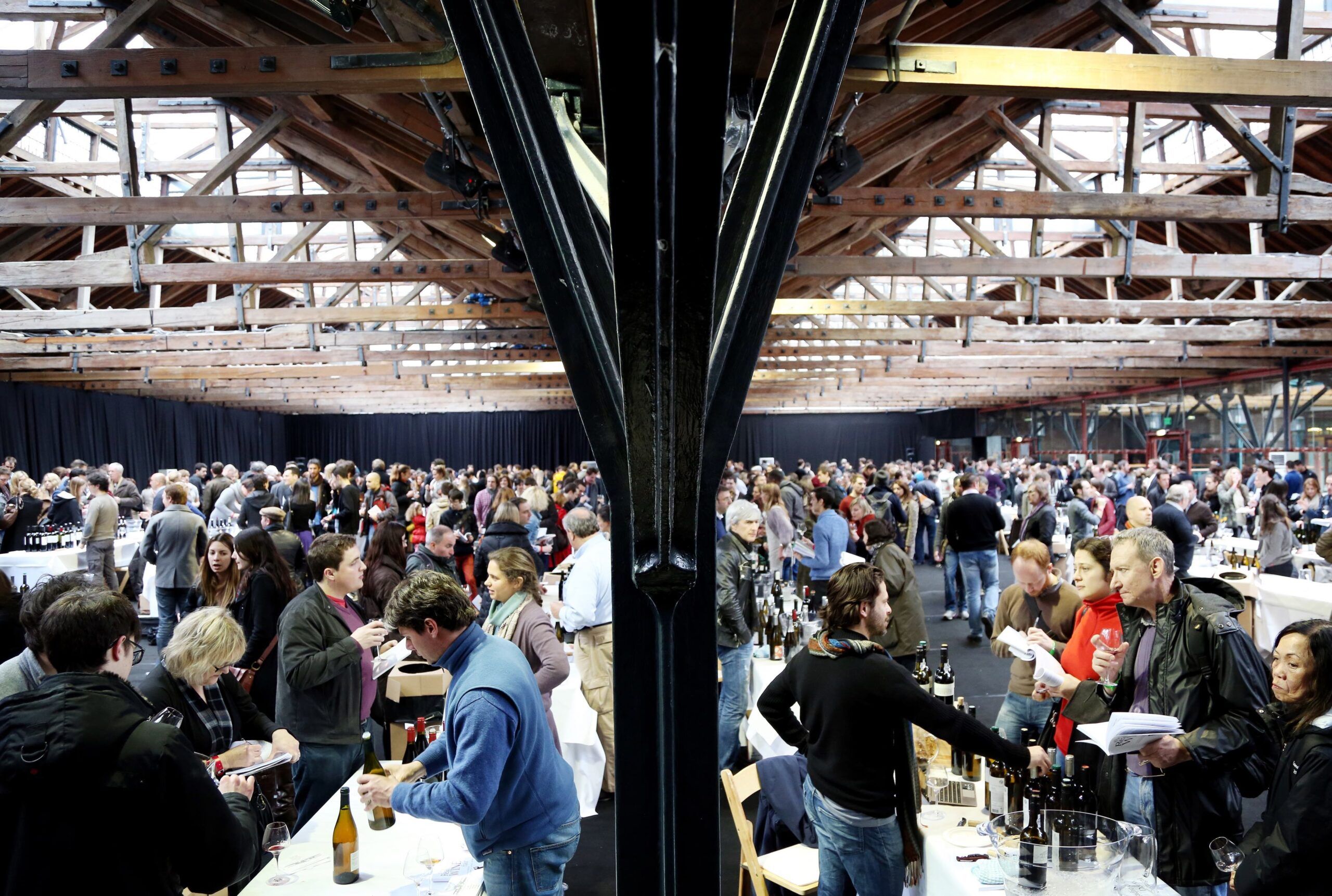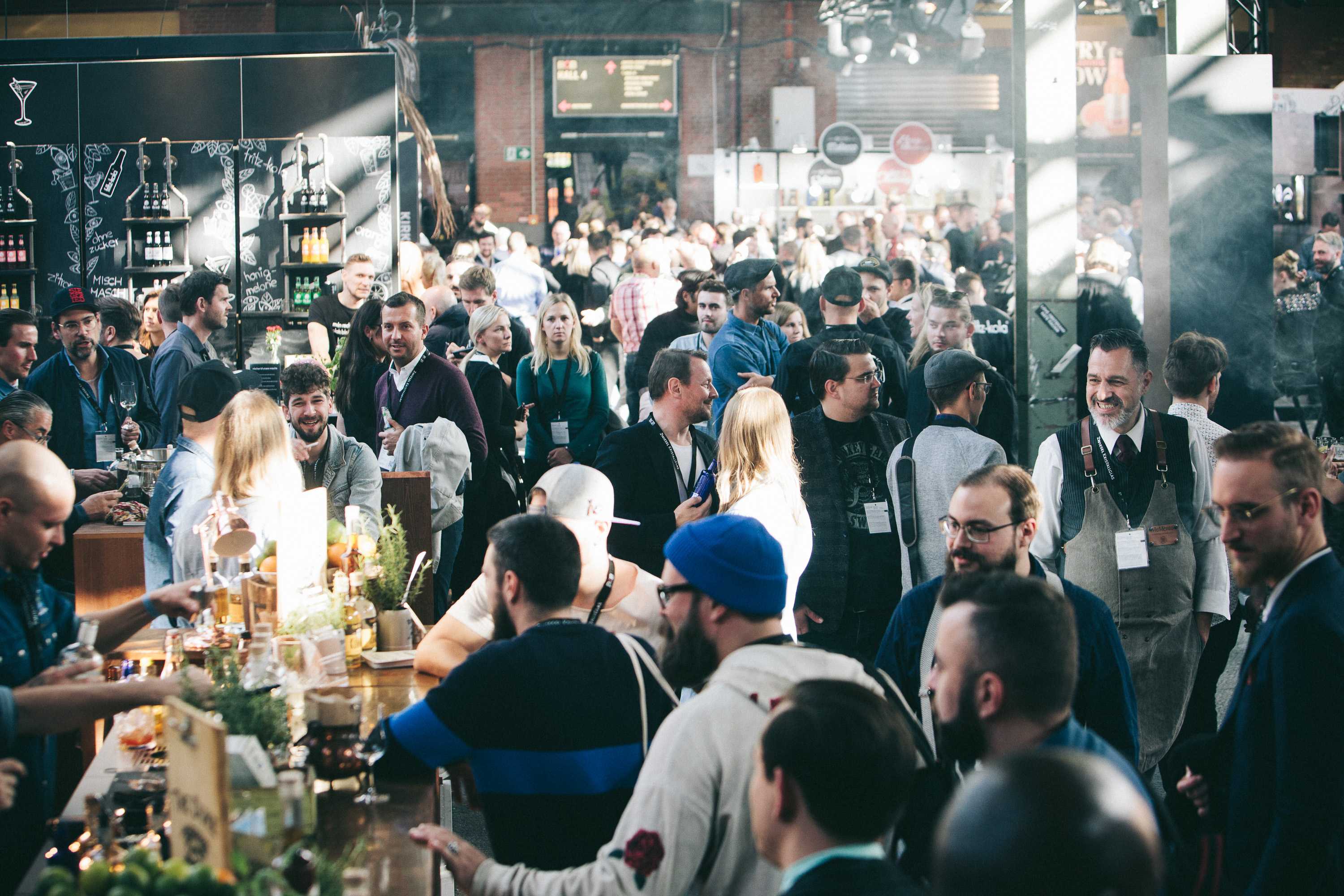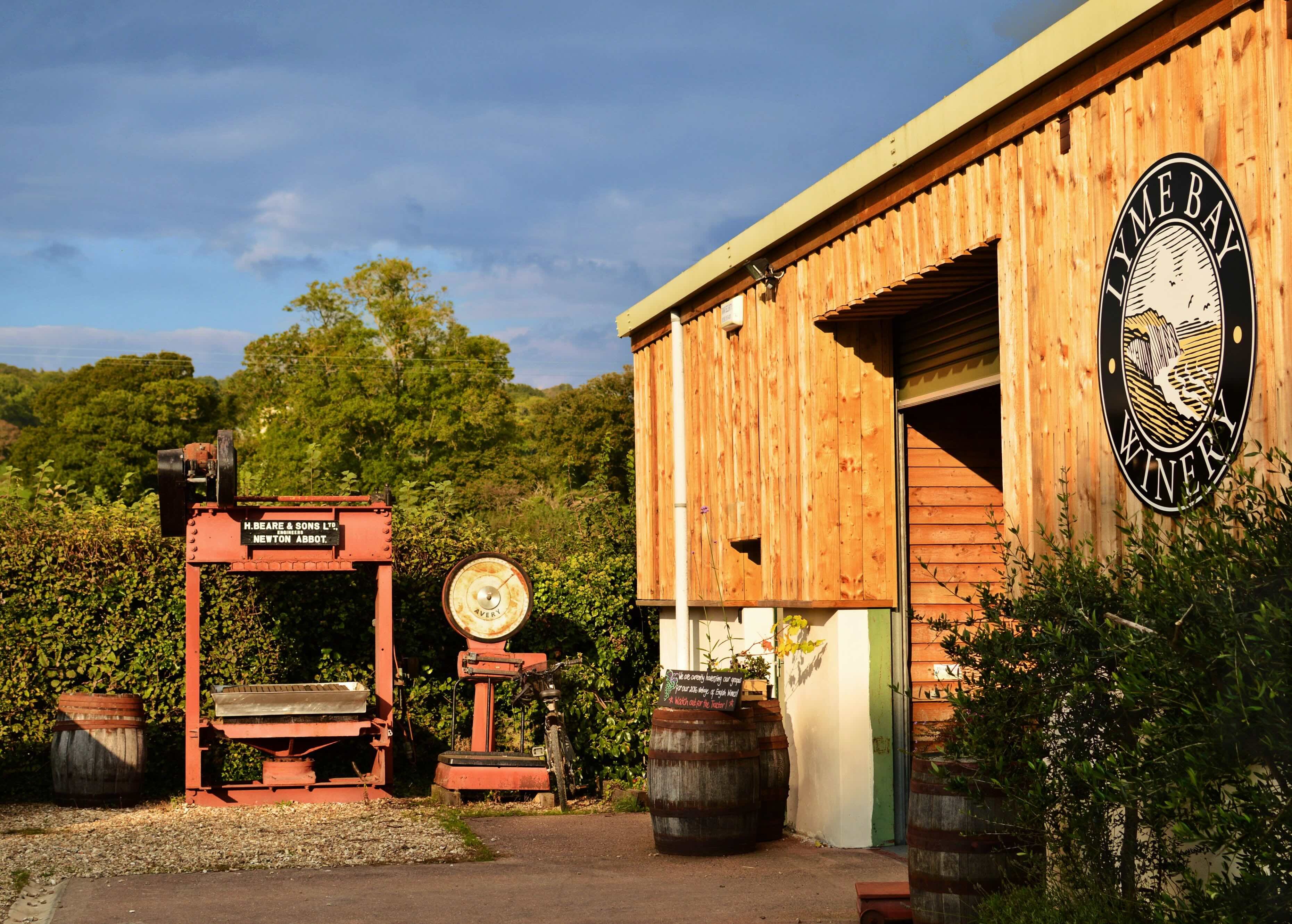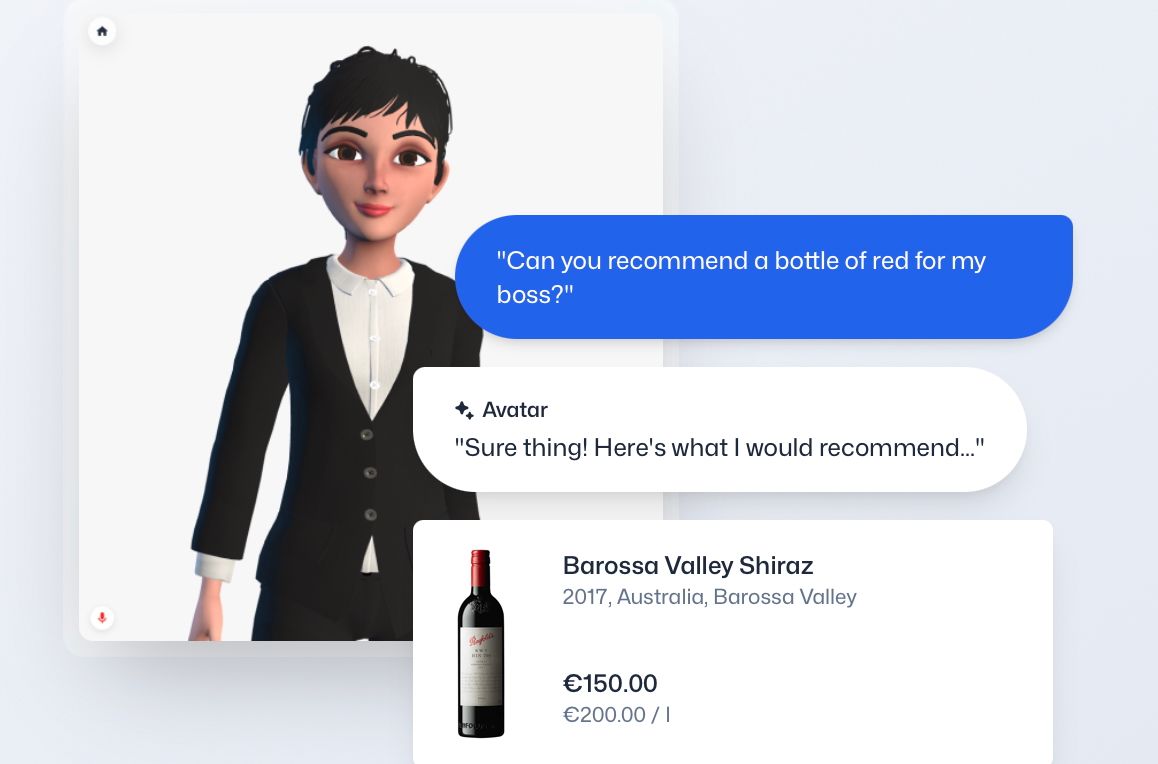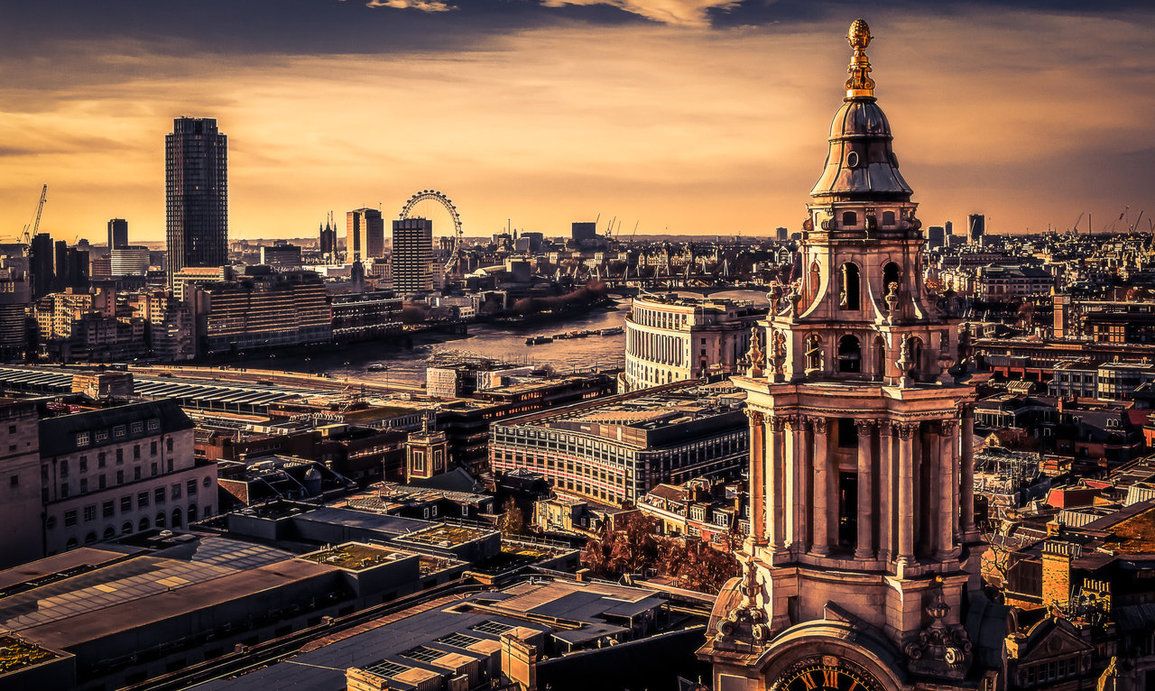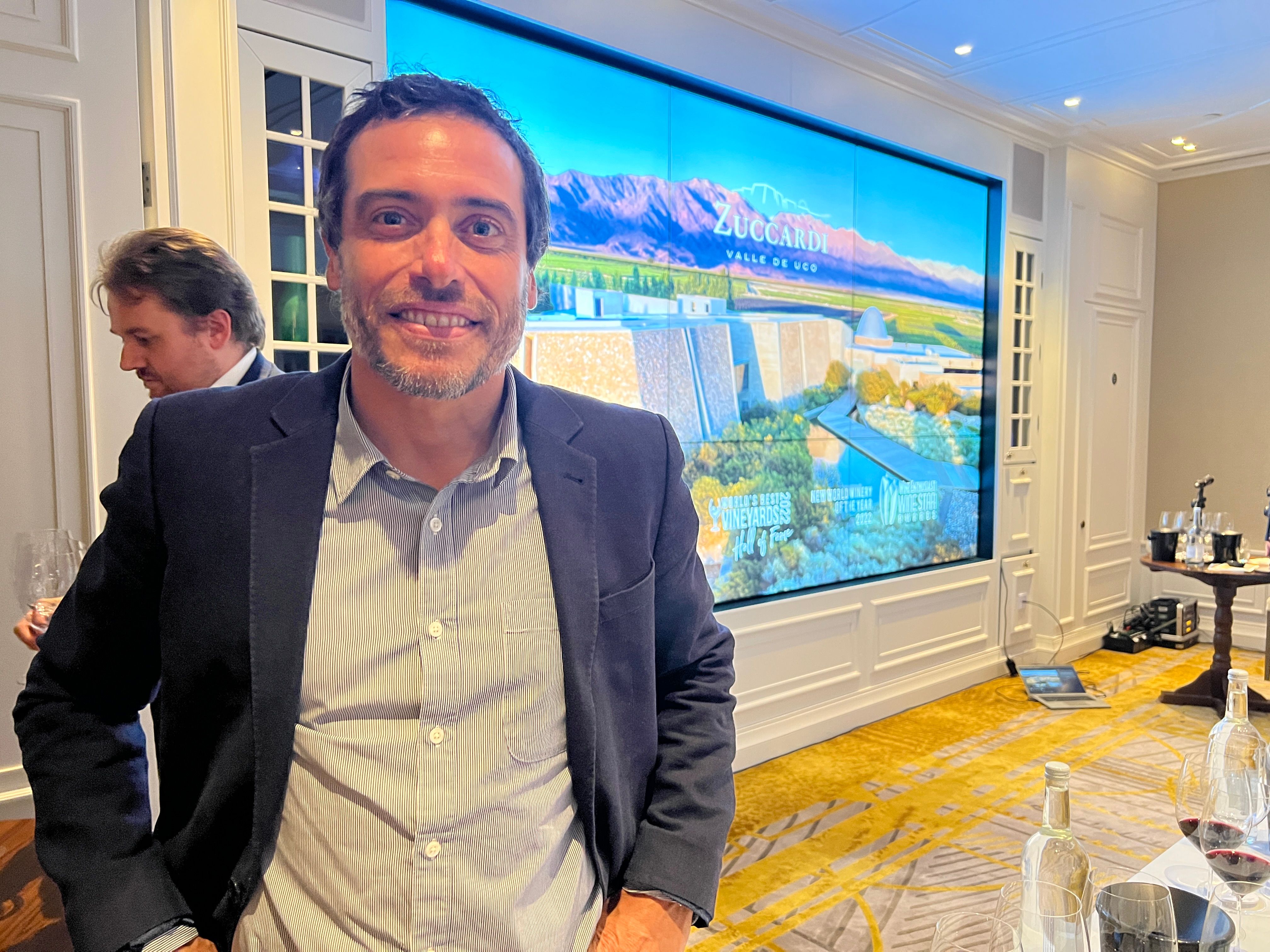The Real Wine Fair has become far more than a wine tasting event but an opportunity for a worldwide community of wine growers and producers to come together and share their collective experiences of making their personal and artisan wines.
You are about to embark on your next Real Wine Fair on April 28-29- what do you have in store this year?
No change to a winning format! We will have 185 artisan producers and 900 pus wines made from grapes that have been farmed organically, biodynamically and/or regeneratively with the focus on low-intervention and natural winemaking. There will be street food and coffee for hungry visitors, a pop up wine shop selling wines from the fair (so you literally can try and then buy) as well as posters and books and a roster of masterclasses and seminar from wine industry experts on a variety of topics.
Any new countries and regions taking part that you would like to highlight?
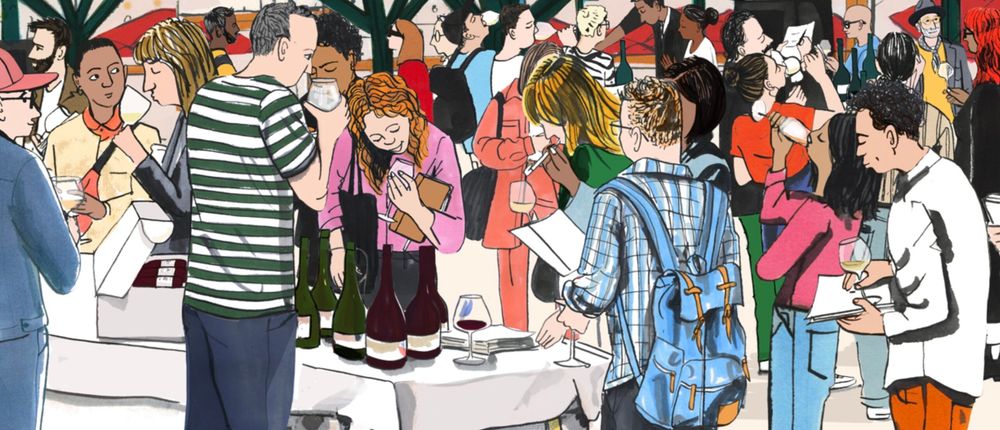
The Real Wine Fair has become a growing international community of wine growers and artisan producers with a collective spirit to make hand made personal wines
There are around 20 countries represented and a broad spread of regions and climates. We have a producer from Lebanon who grows grapes at an altitude of nearly 2,000 metres above sea level and one who makes wine in the Atacama desert in northern Chile, one of the driest place on earth.
Where do you see the fair in the context of the culture of wine and the potential influence it can still have on the trade?
I think the Real Wine Fair (and other artisan wine fairs) have moved the dial in terms of tasting. It is a unique opportunity to engage directly with producers, hear their stories and understand about their process. These are the people who farm the grapes and get down and dirty in the winery.
The fair has always been more than a two day event; we reached out to the trade through a month long promotion called Real Wine Month in which we encouraged restaurants, wine bars and retailers to pour and promote natural wines for a period of one month around the fair. In some years, we managed to get a couple of hundred establishments on board and spread the word (so to speak) as far as the north of Scotland, Cornwall and Ireland.
How do you see the natural wine segment of the market now? Still up and coming or very much part of an established restaurant’s premium wine offer?
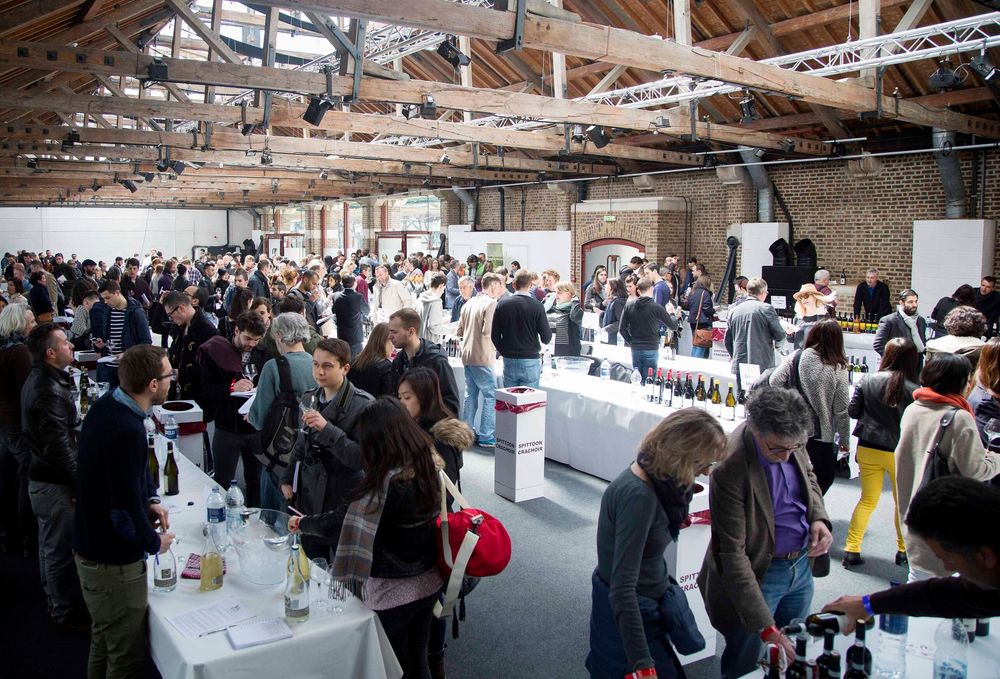
The Real Wine Fair this year takes place at London’s Tobacco Dock on April 28 and April 29
The scene is pretty well established. But it is still growing as well. When Les Caves de Pyrene began importing natural wines around 2005, I suppose we were the outliers. The term natural wine was unknown. The Natural Wine Fair in 2011 and Real Wine Fair in 2012 (and RAW wine in the same year) have put low intervention wines on the map.
There are dozens of natural wine importers now and even more specialist wine bars and independent retailers. But the best thing is, perhaps, that these wines are now seamlessly integrated into wine lists everywhere – from your local pub to multi-starred Michelin establishments.
Because they are hand made the wines are naturally more expensive than mass-produced wines, but I sense that consumers are prepared to trade up for significantly better quality.
For restaurants unwilling to take on natural wines what would you suggest as the best way into the category?
(This video sums up what the Real Wine Fair is all about taken at the 2022 show)
Firstly – don’t be hung up about the word “natural”. It is the wine in the bottle that matters and how good it is. Remember, there is as wide a diversity in styles in natural wine as in more conventional wines. Start with the easier-drinking wines – natural wines are not made to be funky, but delicious and nourishing. If you taste something and don’t like it, fine, but don’t all the wines by that yardstick. There is a natural wine for every person and every taste.
What have been the big changes and influences in natural wine in recent years?
In terms of positive change, the realisation from growers that you can only produce quality natural wine from beautifully farmed grapes. The move towards biodynamics, regenerative and sustainable farming has assisted in the improvement in quality.
It’s difficult to generalise, but the styles of wine seem to be evolving There was a vogue for so called “glou glou” wines, very juicy Beaujolais wines made with carbonic maceration. Now vignerons are more interested in showing the quality of terroirs in their wines. The flip side concerns faultiness. More winemakers than ever are making zero sulphur wines, but without due care. The incidence of “mousiness” (a bacterial wine fault) has become widespread. There needs to be greater diligence in the winery in order to avoid this.
As someone who has been at the forefront of natural wines that still excites and interests you about them?
Yes, something indefinable. The best examples of natural wine exhibit what I call “energy”. They are fluid and dynamic – they seem to move in the mouth. They are living wines.
Do you see natural and low intervention wines as very much part of the same category: conversation – or very different wines to be treated separately?
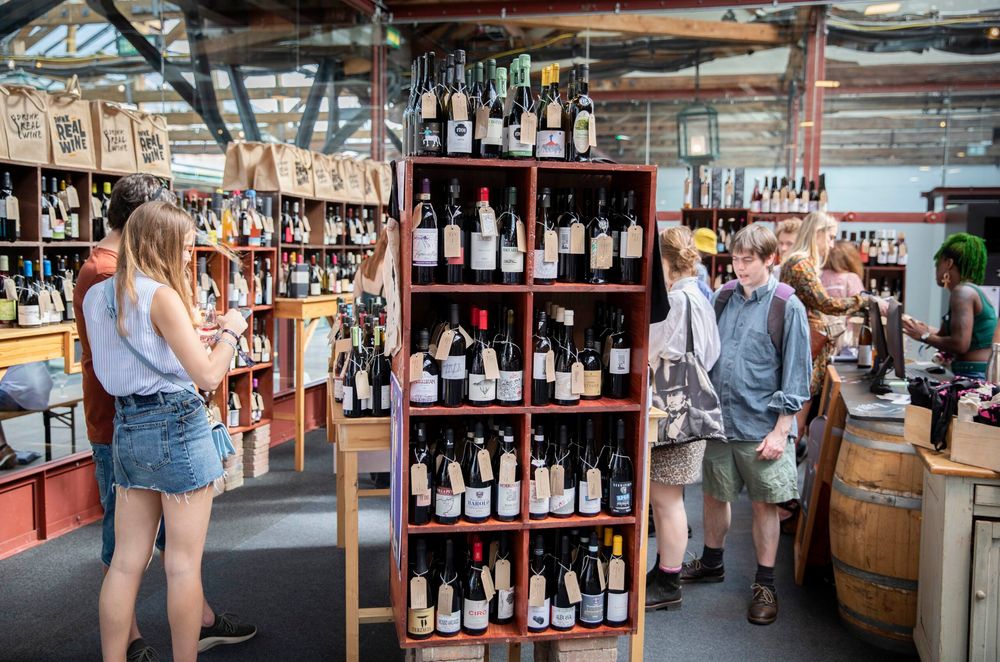
The Real Wine Fair also includes a shop where visitors can buy wines they taste at the show
These are not rigid terms. Natural wine is on the spectrum of low intervention, or might be described as one branch of the family. Everything is relative – not just grower to grower, but wine to wine and vintage to vintage. I consider a wine to be more or less natural on its merits. Wine is the transformation of grapes into something else; in that sense natural wine is where a grower takes what nature and the farming yields and tries to denature it as little as bottle during the process of turning juice into wine,
How is the overall Cave de Pyrene business and where are you seeing the most opportunities?
In the last year, we’re having more and more conversations about pricing. Restaurants, in particular, are feeling the pinch, and looking for cheaper wines to sell at higher margins. They would still prefer low intervention wines, but the prices have to be realistic.
What aspects of business are you finding the most challenging – and how are you overcome those challenges?
As per above, the on-trade sector is looking for competitively priced wines when the cost of making and transporting wine is going ever upwards. To address this we’ve been working on a portfolio of own label natural wines in conjunction with producers and winemakers around the world. We specify the parameters of the wine, create a competitive price, commit to certain volume, design a label. These wines have been very successful.
Have the changes in duty has an in impact on you and the styles of wine you are now sourcing?
I think the duty rises are regressive. And the new duty system when it comes in is nonsensical. It doesn’t help sales, of course. But there are other forces that are driving the price of wine higher such as oil prices, the war in Ukraine, the fallout from Brexit, bureaucracy, not to mention inflation and some pretty hairy vintages.
Where do you see as the key points of difference that you as an importer can offer to customers?
I like to think we are more than an agent, importer and distributor, We like to forge partnerships and add value to other people’s business through the quality of service and training. Talking about wine at every level; the more information people have about what’s in their glass, the better buying decisions they will make. It is up to us to explain and enthuse and help motivate staff in both the one and off trade sectors.
Which regions and countries are doing particularly well and why do you think that is?

The wheel is always turning, but France, Italy and Spain still rule the roost and dominate sales. Within France, the Loire is always a strong suit and Jura and Savoie have accrued a lot of followers.
Cool climate is the operative word. In Spain we look to the mountains of Gredos for some of the best Grenache/Garnacha anywhere on the planet and the vineyards in Andalucia are producing a new style of non-fortified sherry style wines. In Italy, sales of Piedmontese and Sicilian wines are very strong. Of countries that are further afield, what we might call deep sea shipping, then South African wines have acquired a strong following for their ethos and value for money.
How do you see sales and demand progressing in the next couple of years?
Our philosophy has always been to accept growth rather than chase it. We don’t need to reinvent the wheel, just do the things we do a bit better. We are hoping to develop our export business. It is not just us. I think wine companies in general are diversifying.
Obviously, we are all holding our breath about the outcome of general elections around the world. There are so many factors outside the control of the wine industry that impact heavily on business and our ability to plan for the future. Politics is one, the volatility of the market is another, and not least climate change/catastrophe.
The Real Wine Fair 2024: The Facts
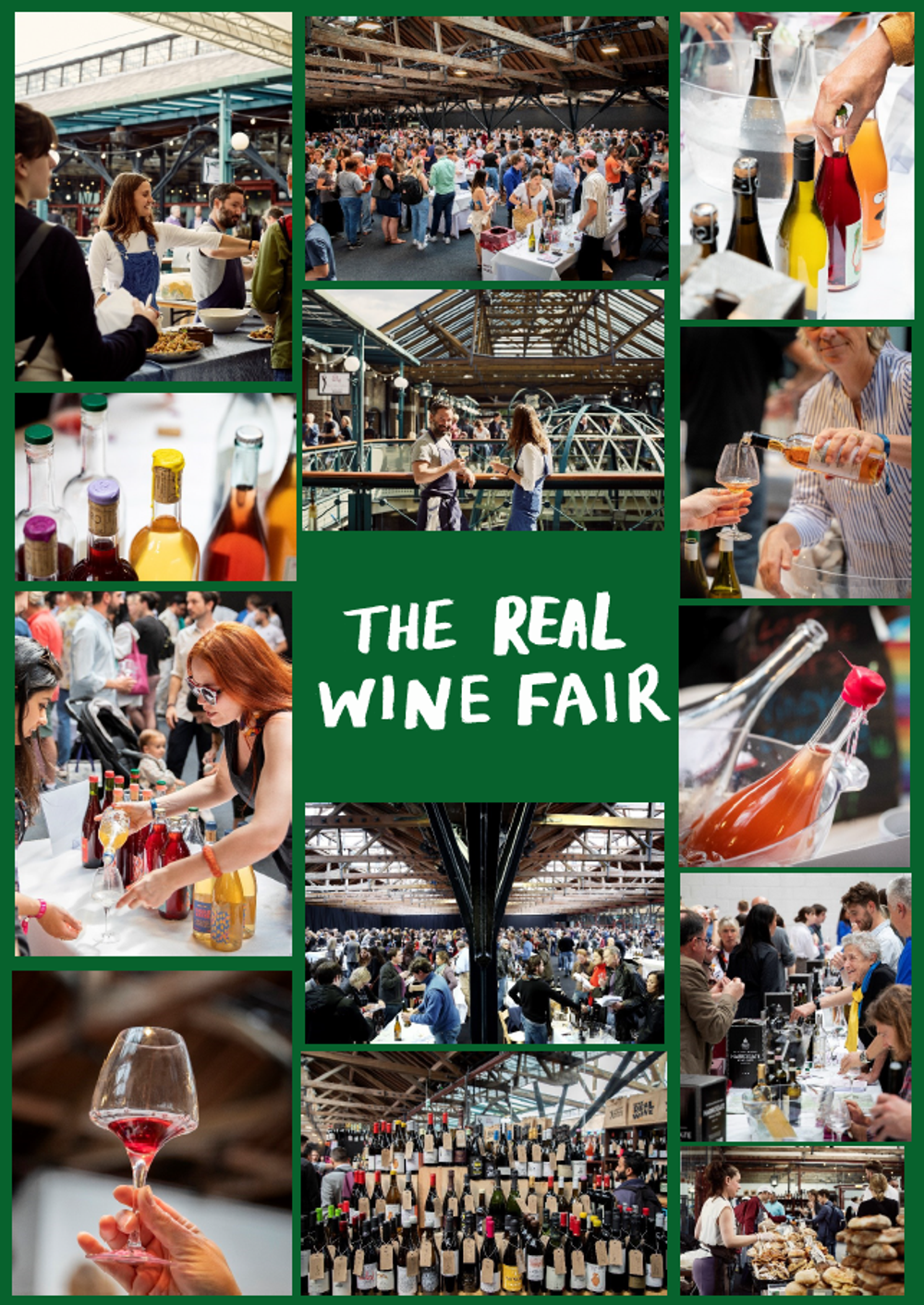
Sunday April 28 (public and trade) & Monday April 29 (trade only)
Tobacco Dock, Wapping E1W 2SF
Doors open 10.00 am. Close 6.00 pm.
185 artisan producers pouring from 20 countries.
900 + wines on show
Focus on organic, biodynamic, regenerative farming and low-intervention
winemaking.
Real Wine pop up shop selling wines from the fairs, posters, and books.
Street food stalls and artisan coffee
Follow at: @realwinefair #realwinefair therealwinefair.com
